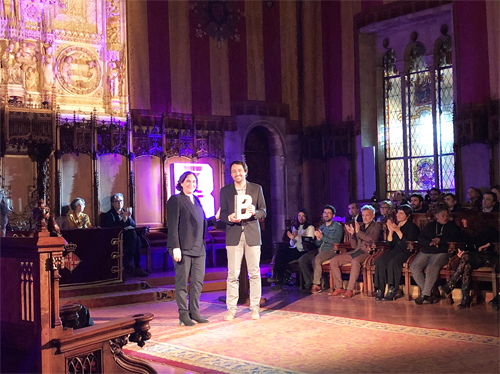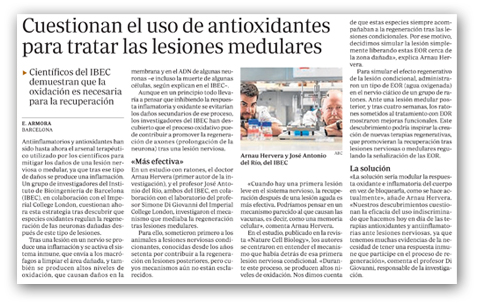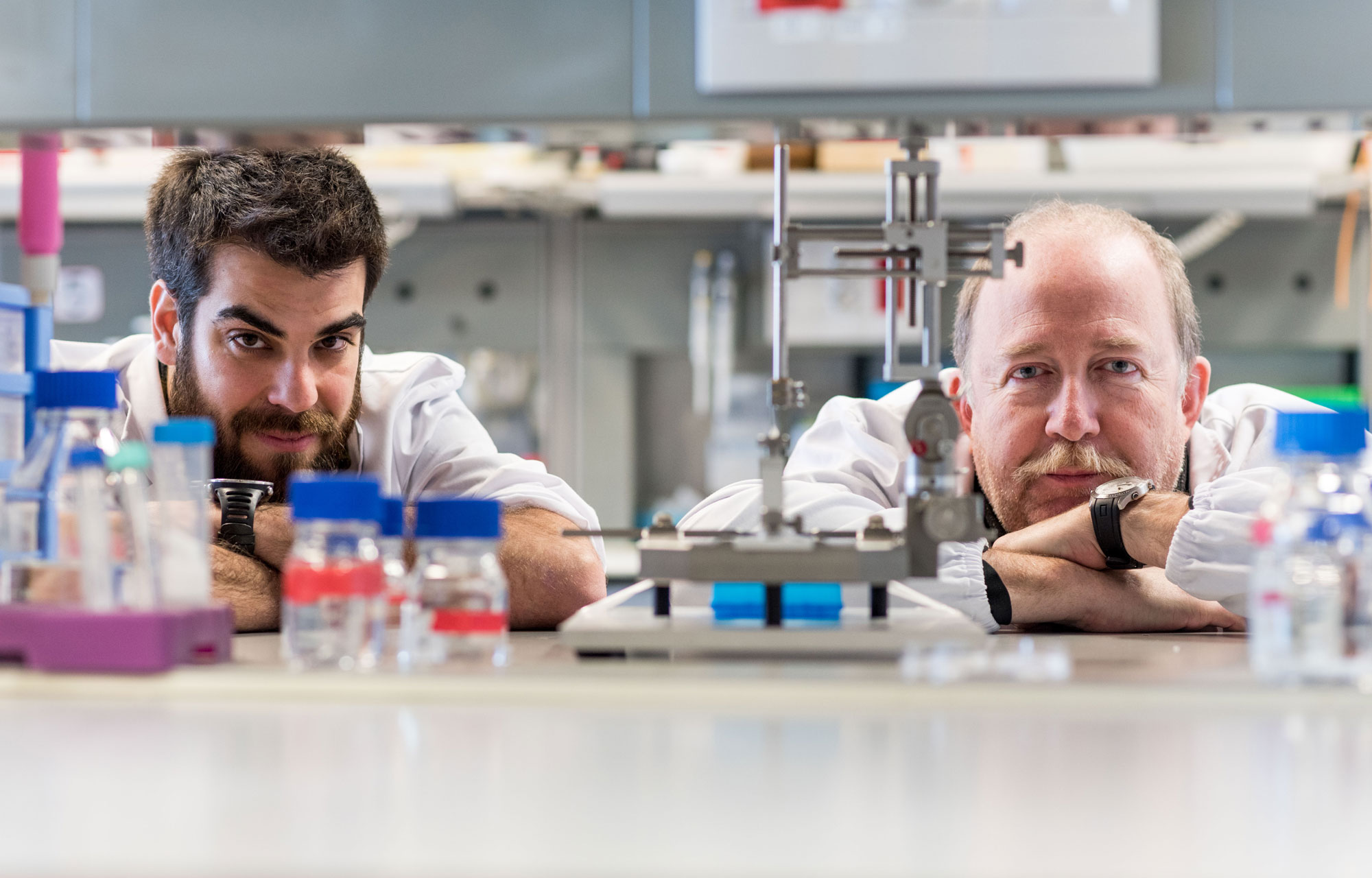Shedding light on metastasis in the brain
 Researchers have shown for the first time that ion channels that are capable of detecting changes in the physical properties of the cellular environment play a key role in tumor invasion and metastasis.
Researchers have shown for the first time that ion channels that are capable of detecting changes in the physical properties of the cellular environment play a key role in tumor invasion and metastasis.
The discovery, led by led by Miguel Angel Valverde from the Department of Experimental and Health Sciences of the UPF and involving IBEC’s Integrative Cell and Tissue Dynamics group, could open new avenues in the development of new drugs that reduce the risk of metastasis.

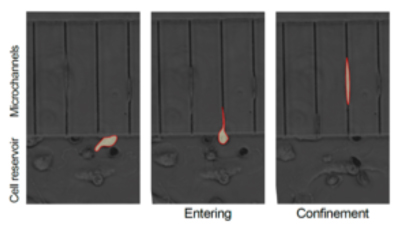
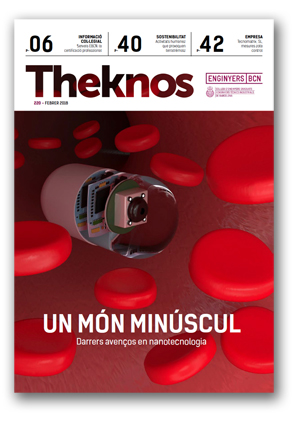
 An article about future medicine – including IBEC’s research into organ-on-a-chip, nanoparticles for drug delivery and light controlled drugs – appeared in the February edition of Theknos, the magazine of the Col·legi d’Enginyers Graduats i Enginyers Tècnics Industrials de Barcelona.
An article about future medicine – including IBEC’s research into organ-on-a-chip, nanoparticles for drug delivery and light controlled drugs – appeared in the February edition of Theknos, the magazine of the Col·legi d’Enginyers Graduats i Enginyers Tècnics Industrials de Barcelona.